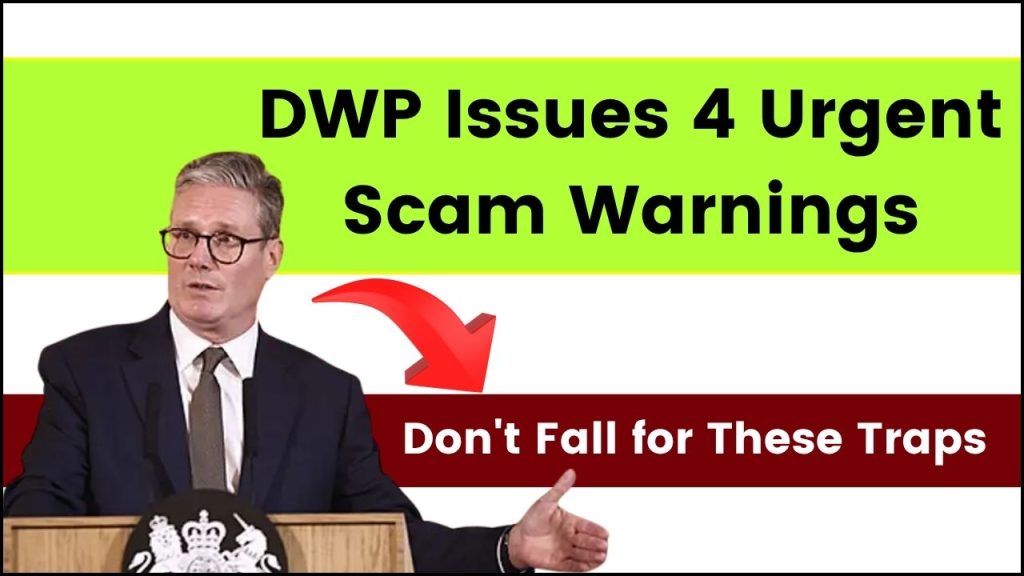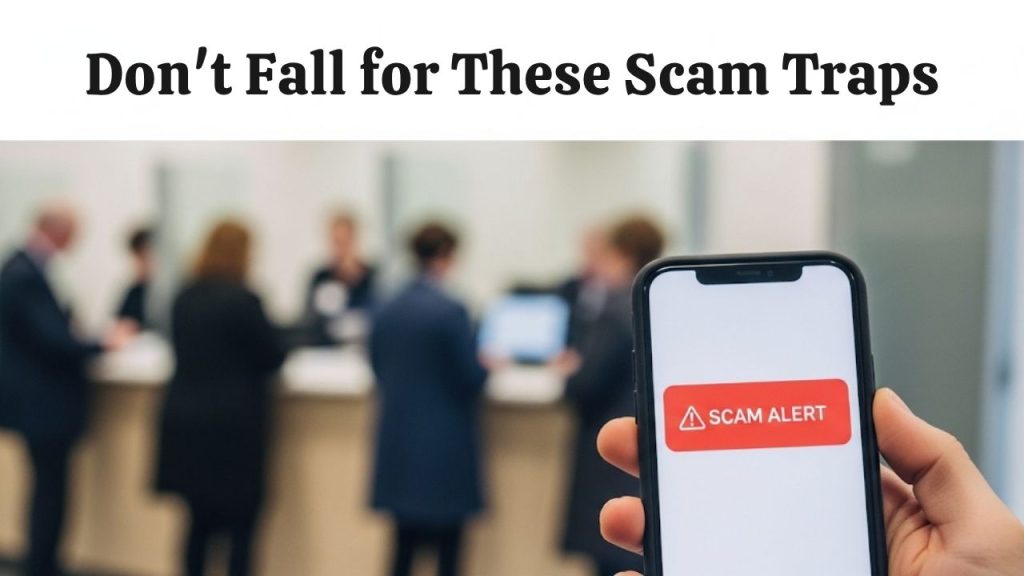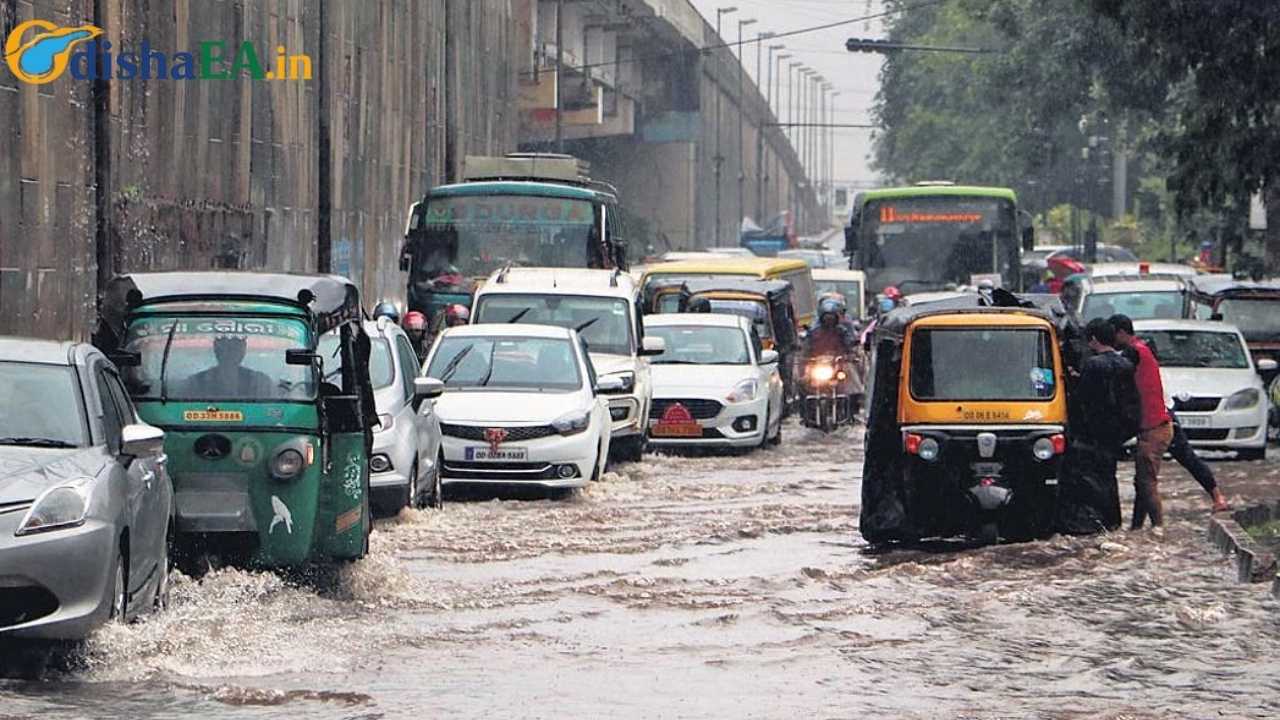If you have recently received a suspicious text or email claiming to be from the UK Department for Work and Pensions (DWP), you are not alone. The DWP has issued four urgent scam warnings alerting the public to a rise in fraudulent activities impersonating the department. These scams primarily target vulnerable groups such as pensioners and benefit claimants, especially around Winter Fuel Payments and supposed energy support schemes. It is more important than ever to understand these scams, recognize their red flags, and know how to stay safe.

In this article, we’ll unpack the four main DWP scam warnings in 2025, explain how the scams work, and offer practical advice to protect yourself and your loved ones. Whether you work with vulnerable populations or simply want to safeguard your personal information, this guide delivers clear, reliable, and actionable information.
DWP Issues 4 Urgent Scam Warnings
| Scam Focus | Main Warning Signs | Official Advice | Report Scams At |
|---|---|---|---|
| Winter Fuel Payment Scam | Urgent texts demanding application & bank details | Genuine payments are automatic; DWP never asks for bank details | Forward texts to 7726 |
| Energy Support Scheme Scam | Fake texts about energy subsidy & deadlines | No scheme by this name exists; don’t click suspicious links | Report via Action Fraud |
| Winter Heating Allowance Scam | Messages with fake deadlines & official-looking links | Verify on GOV.UK; DWP doesn’t ask for details via text | Forward texts to 7726 |
| Follow-Up Threats | Repeat urgent messages demanding quick action | DWP doesn’t threaten immediate loss of benefits via text/email | Report suspicious calls/texts |
The DWP’s urgent scam warnings remind us of the increasing risks of fraud targeting vulnerable people in the UK. Understanding signs like fake deadlines, requests for bank details, and suspicious links is essential to protect your personal information. Remember, the DWP never asks for bank details via text or email, nor does it demand instant payments or threaten to cut benefits without official notice.
Stay vigilant, verify through trusted channels, report suspicious messages promptly, and help keep yourself and your community safe.
Understanding the Four Urgent DWP Scam Warnings

1. Winter Fuel Payment Scam
The Winter Fuel Payment is a government benefit designed to help eligible pensioners with heating costs during the cold months. Normally, if you qualify, this money is paid automatically — you don’t need to apply.
Scammers send fake texts pretending to be from the DWP, warning you that you must urgently submit your bank details or make a small refundable payment to “activate” your winter allowance. These messages often claim you could lose out on up to £300 if you don’t respond right away, creating false urgency.
Key points to recognize:
- The DWP never asks for bank details or payments via text or email for the Winter Fuel Payment.
- Official messages never demand instant responses or use scare tactics.
- Scammers often send professionally made fake links mimicking government websites.
What you should do:
- Do not click links or reply to these texts.
- Forward suspicious messages to the free anti-scam number 7726.
- Check your payment status directly on the official government website.
2. Energy Support Scheme Scam
Another scam circulates texts claiming you qualify for an “Energy Support Scheme” to help with energy bills. These messages offer subsidies between £200 and £300 and urge you to apply before a fake deadline.
Important thing to know: There is no such program by that name. Existing schemes, like the Warm Home Discount, have different names and official application processes.
How the scam operates:
- Victims receive a text with an urgent deadline.
- They click a link leading to fake websites asking for sensitive data.
- Scammers steal personal and financial information or install malware.
Keep safe by:
- Ignoring any texts that ask for info via links.
- Applying for energy discounts only through official websites.
- Sharing warnings within your community.
3. Winter Heating Allowance Scam
Similar to the Winter Fuel Payment fraud, this scam targets people with messages about a “Winter Heating Allowance.” These texts ask you to apply or update details before an urgent deadline, linking to convincing but fake government-style websites.
If you enter your data, scammers gain access and can steal your identity or money.
Remember:
- Winter Fuel Payments are generally automatic; applications are not required via text.
- The DWP does NOT send such reminders or requests by text message.
- Always verify with the official website before taking action.
4. Follow-Up Communications Threatening Payment Loss
Scammers often send multiple texts or calls pressuring you to act immediately or lose your benefits.
Know this:
- The DWP never threatens to stop payments abruptly via texts or emails.
- Genuine notices allow reasonable time and clear instructions.
- Be skeptical of follow-up messages from unfamiliar numbers.
How to Stay Safe from DWP Scams: A Step-by-Step Guide
Step 1: Stay Calm
Scammers rely on panic. Never act in haste. Pause and think before clicking or replying.
Step 2: Confirm the Source
- Check sender details carefully.
- Watch for spelling errors and suspicious links that don’t end in .gov.uk.
Step 3: Don’t Share Sensitive Details
- Never give out your bank information or passwords in response to text messages or emails.
Step 4: Use Official Websites and Numbers
- Always go directly to official websites like www.gov.uk instead of clicking links.
- Contact energy suppliers or local councils for program info.
Step 5: Report Suspected Scams
- Forward suspicious texts to 7726.
- Report fraud at Action Fraud or through official government channels.
- Inform family and friends, especially older or vulnerable adults.
DWP Just Confirmed August Bank Holiday Payment Changes — What It Means for You
£11,715 DWP Payout Available for 70 Conditions — See If You Qualify Now
DWP Confirms August Benefit Payment Date Changes — Find Out When You’ll Get Paid
FAQs About DWP Issues 4 Urgent Scam Warnings
Q1: How can I tell if a DWP text is genuine?
Official DWP texts never ask for bank details or require payments. They avoid urgent deadlines and scare tactics. Always cross-check by visiting official sites or calling known DWP numbers.
Q2: What if I clicked a scam link?
Contact your bank immediately to protect your accounts. Report the incident and run a security check on your devices.
Q3: Are there real government energy support schemes?
Yes, such as the Warm Home Discount. But apply only through official websites or trusted sources.
Q4: Can scammers reach me by phone as well?
Yes. Be wary of unsolicited calls claiming to be from the DWP asking for details or payments.
Q5: What if I get a suspicious message but don’t respond?
Report it anyway by forwarding the message to 7726 to help protect others.






